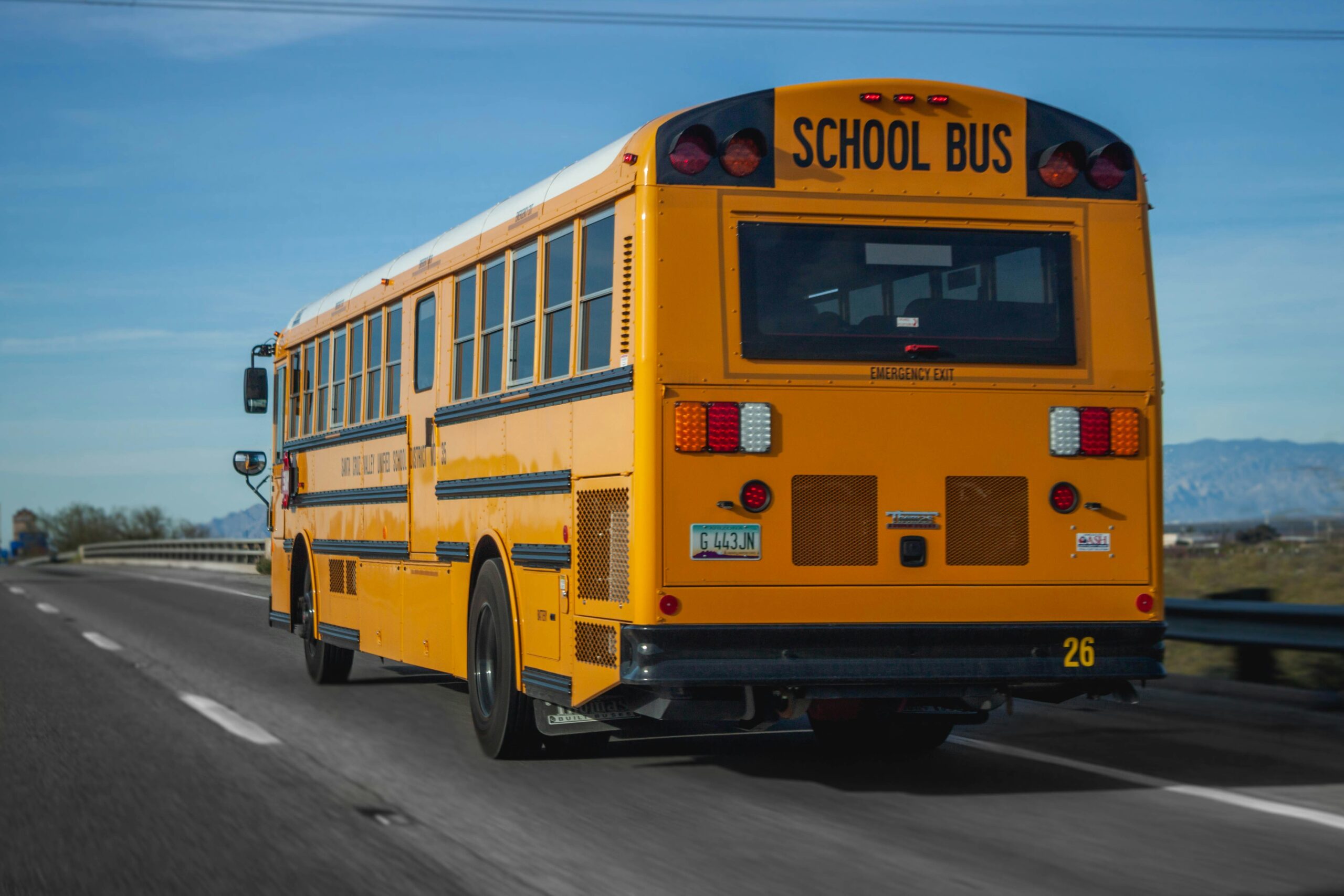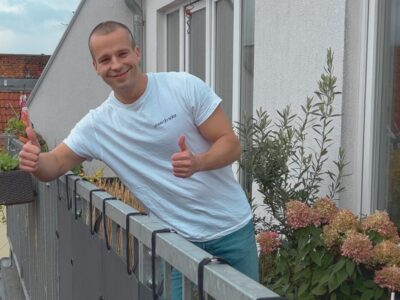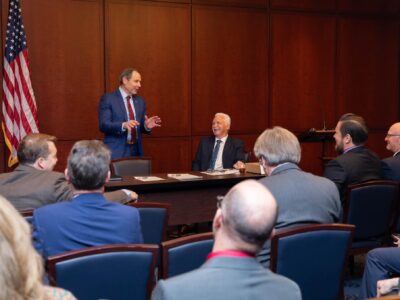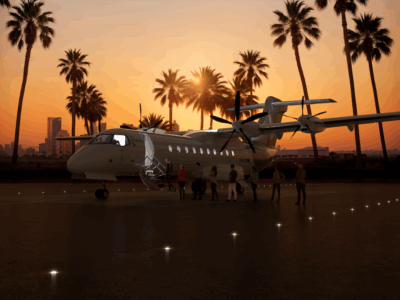North Carolina Gov. Roy Cooper recently embarked on a tour to showcase the state’s commitment to sustainable and eco-friendly transportation. As of Jan. 17, Cooper visited a bus facility in Durham to show where federal funding is going and how it is improving the state’s electric infrastructure and transportation. The tour’s focus was a state-of-the-art electric school bus, symbolizing the Tar Heel State’s strides toward a more resilient and cleaner future.
Cooper has ordered 114 more electric school buses through Carolina Thomas, LLC. This company is one of the bus dealers in the Carolinas. It’s a significant milestone in the state’s efforts to reduce carbon emissions and promote environmental sustainability.
“This funding for electric school buses improves the health and safety of North Carolina students, fights air pollution, and bolsters our state’s economy,” Cooper said in a press release. “We are grateful for our federal partners in the [Environmental Protection Agency] EPA and the [current] administration for their continued investment in North Carolina, which has helped move us into the clean energy future.”
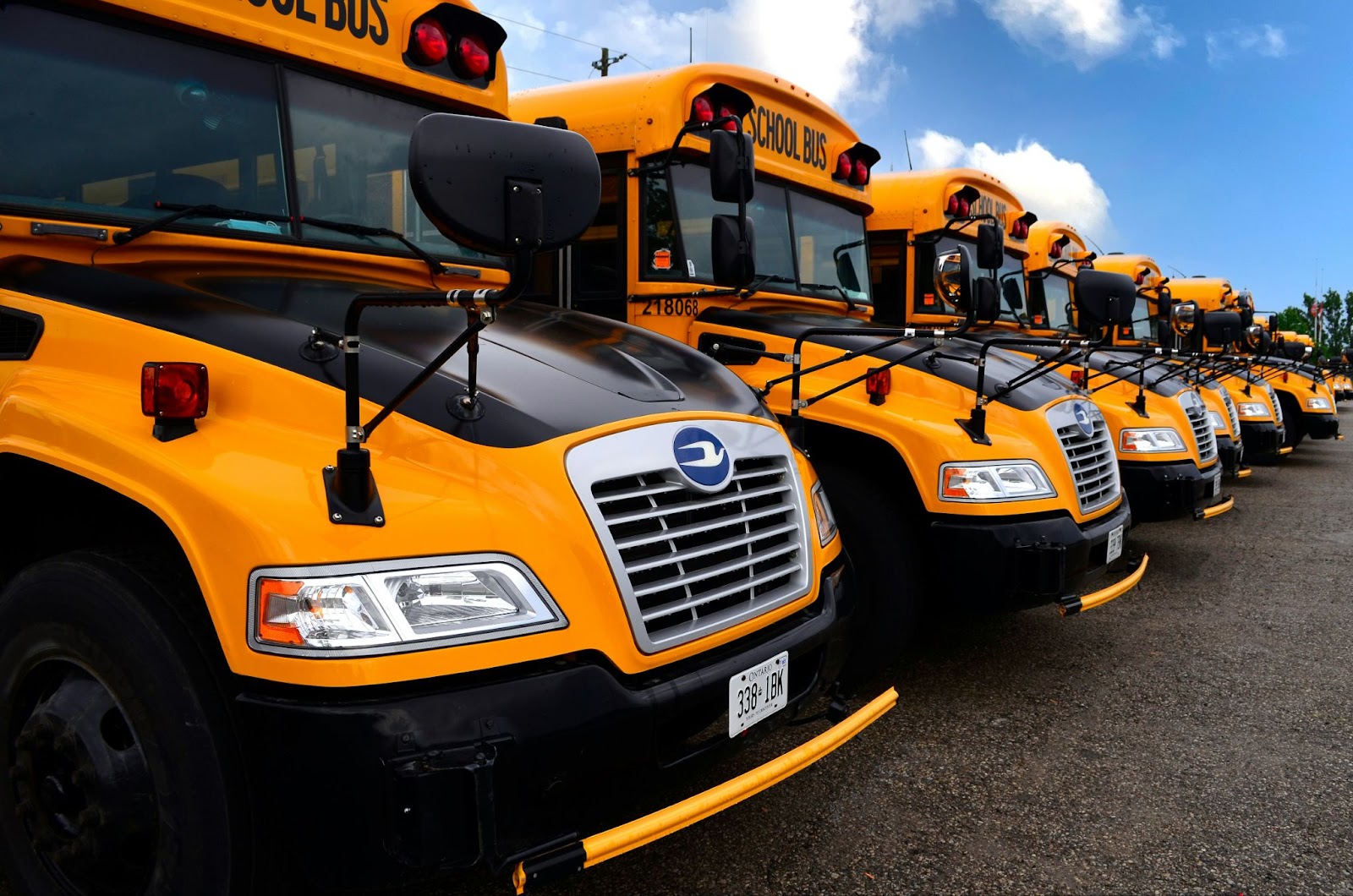
Photo Courtesy Megan Lee
The buses will be primarily used in low-income school districts, particularly in rural areas and Tribal communities lacking significant clean transportation. As part of the state’s broader initiative to modernize its school bus fleet, the electric bus is energy-efficient and aligns with national efforts to support innovative climate solutions.
These 114 new buses will serve more than 300,000 students across 13 counties. Public schools, charter schools, and Tribal schools will all benefit from these zero-emission buses.
Funding for these buses came from the Clean School Bus Program run by the EPA, with $26.7 million in federal grants going to North Carolina schools. Before this new order, there were already 31 zero-emission buses running in the state after the first round of funding in 2022.
Following the state’s settlement with Volkswagen (VW) over air quality improvement technologies, 43 additional buses were purchased by the state. The U.S. Justice Department and EPA settled with the German automaker to fund more than $92 million of environmental advancements centered around clean transportation. It will increase rural electric vehicle (EV) charging stations and deploy more zero-emission vehicles across North Carolina. According to the North Carolina Department of Environmental Quality, around 57% of the VW settlement money went to projects in rural areas.
During the tour, Cooper engaged with stakeholders working on the electric bus project, including representatives from the school districts, environmental organizations, and local communities.
The governor stressed the importance of collaborative efforts in achieving sustainability goals, emphasizing the role of partnerships between the government, private sector, and communities in driving positive change.
“The entire team at Carolina Thomas is excited about this historic award,” Kelly Rivera, Carolina Thomas’s general manager, said in a statement. “It’s an honor to work alongside our North Carolina schools to foster EV school bus adoption. We look forward to helping these schools and districts get these Thomas Built Saf-T-Liner C2 Jouley’s, a product proudly made right here in High Point, North Carolina, on the road.”
North Carolina has been one of the South’s hottest states for EV investments. Companies like Toyota, VinFast, and Kempower have opened or plan to open production facilities in and around Raleigh-Durham, which some have hailed as the new Silicon Valley. The “Research Triangle” has become a hotbed for innovation and startups thanks to all of the prestigious colleges in the area and people moving to the area from business hubs like New York City and Washington, D.C.
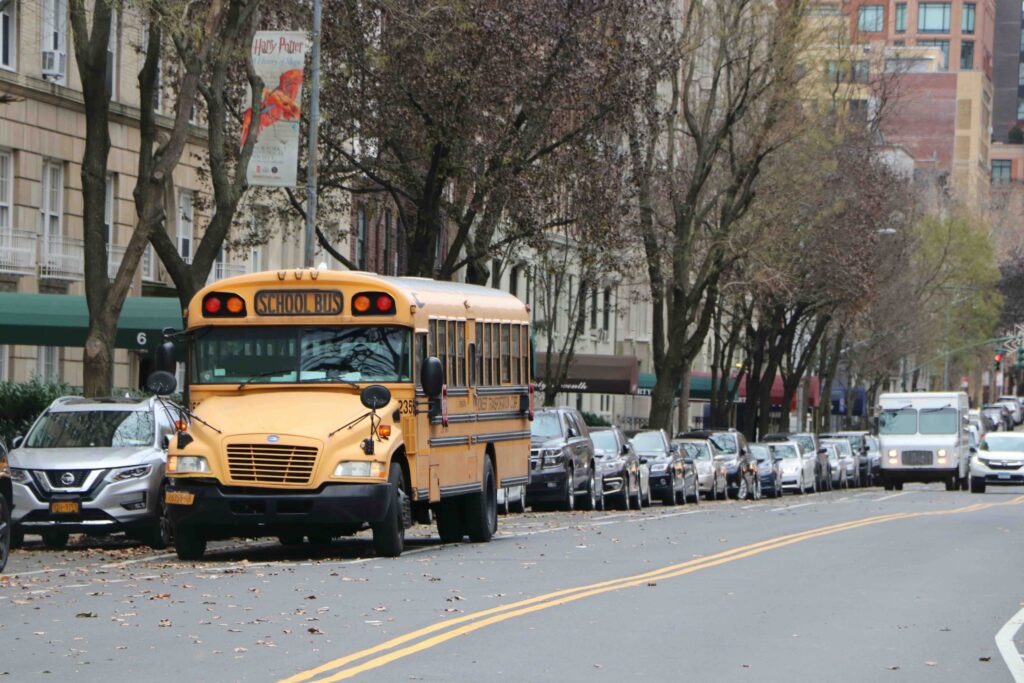
Photo Courtesy Tom Corbett
The buses will also come from local sources. Carolina Thomas is in Greensboro, North Carolina, and a grantee of the most recent round of Clean School Bus grants. The company received $20 million in federal funding to replace 61 diesel buses across 11 schools.
This school bus order reflects the state’s commitment to the energy transition, economic efficiency, and community well-being.
As North Carolina leads the way in adopting cleaner transportation solutions, more southern states may follow. Georgia is already a leader in the EV industry, with factories from companies such as Ford and Porsche opening in rural areas. With a strong labor force ready, more states will see increased investment in EV infrastructure and more state mandates like this bus order.
“We are extremely excited and proud to be the recipient of these funds,” Dr. Pascal Mubenga, superintendent of Durham Public Schools, said in a statement. “This award demonstrates that our district places a high priority on quality of life, academics, and environmental justice for our students. The training and professional development for our drivers and staff will serve to further enhance the skills and services we provide on a daily basis. I applaud our operations department for its futuristic thinking.”

